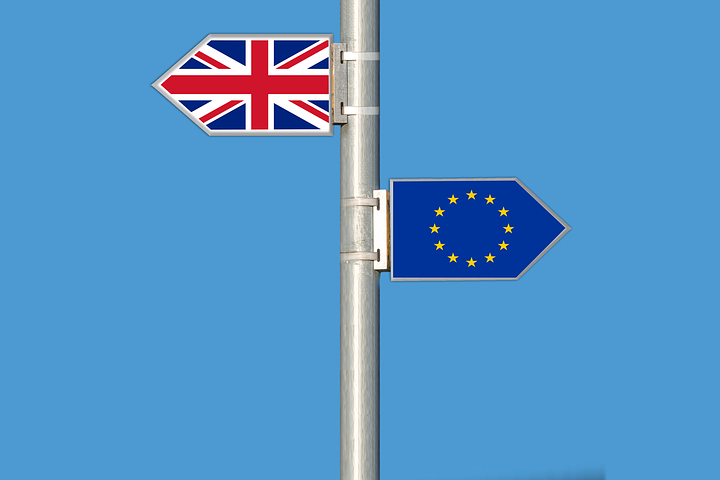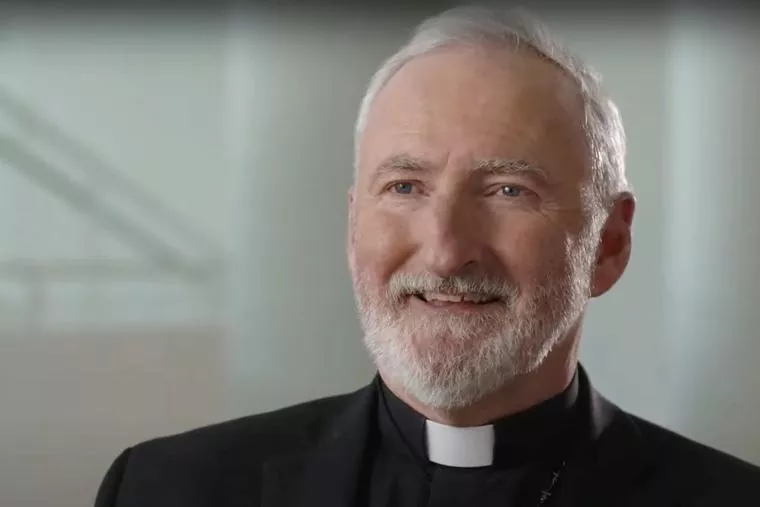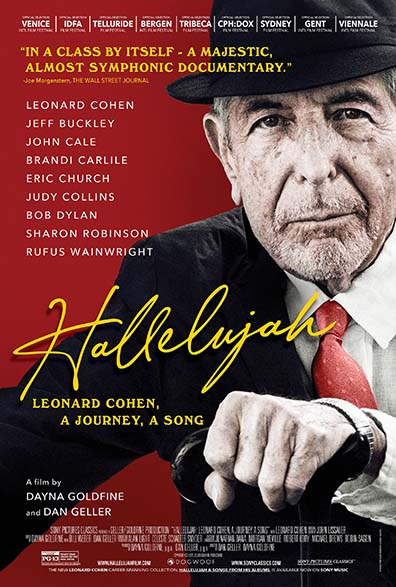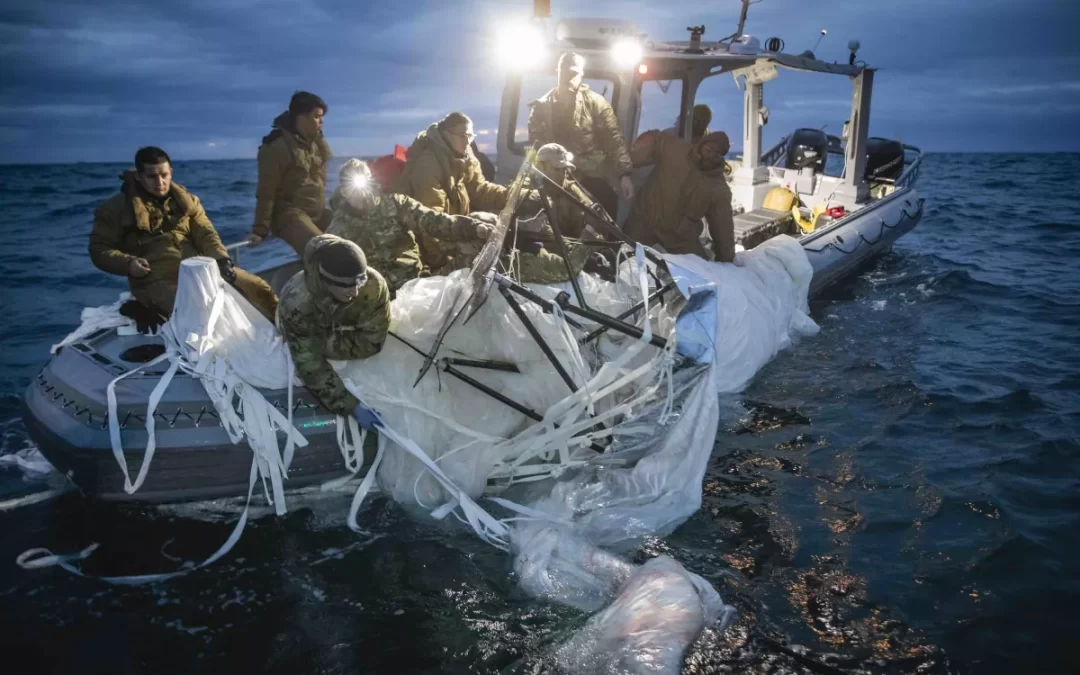
The Oscars - you win some, you lose some!
The Oscars - you win some, you lose some!
The Oscars could hardly be worse this year than they were last year. That's what I thought a few days ago, anyway. Unfortunately, they were much worse in my opinion, (at least) from the point of view of our country. Why? Well, we only won two Oscars out of the 14 nominations we received! Then to add insult to injury we received mental abuse before and at the Oscar ceremony.
Although 'The Banshees of Inisherin' received 9 nominations, the film did not win any Oscars. 'The Quiet Girl' did not win the Oscar for the best international feature film either, as the film 'All Quiet on the Western Front' from Germany won that Oscar. And Paul Mescal didn't win the Oscar for best actor in the movie 'Aftersun', because Brendan Fraser (in the movie 'The Whale') won that Oscar.
But, every cloud has a silver lining...
It is a sign of the significant progress in the film industry in Ireland that the two Oscars we won were a disappointment to some of us! The 14 nominations showed the full range of talent in the country in acting, directing, editing, composing and filming - not only in English, but in Irish too!
Richard Baneham's second Oscar win in the special effects category for his work on Avatar: The Way of Water' shows that Ireland's technical skills are at the highest level. 'An Irish Goodbye' showcased the depth and breadth of talent available in Ireland, as well as the gift of originality. When the Oscar audience sang 'Happy Birthday' to actor James Martin, it was a special celebration! James is the first person with Down syndrome to ever win an Oscar!
Ivan Martin (James' father) said: "I remember the person who said to me a long time ago: 'Look Mr Martin, you have to understand that James will never talk' And here we are now! "James doesn't just talk, but from the moment he started talking, he hasn't stopped since," Ivan told BBC Radio Ulster.
Special mention must be made of that wonderful film 'An Cailín Ciúin', the first Irish language film ever to reach this ceremony. With that, Irish-language filmmaking has achieved an important goal. CINE4 (a partnership with TG4, the Irish Film Board (BSE) and the Broadcasting Authority of Ireland (BAI)) played a key role as the main financier in this significant development. It's a strong confirmation of how important funding is to make progress like that - otherwise, it wouldn't happen.
Mental abuse!
On the Saturday before the Oscars, there was a 'comedy sketch' on the program 'Saturday Night Live', with Molly Kearny and Mikey Day as Farrell and Gleeson. The clip of them was posted online, which showed the pair speaking unintelligible English to each other until they walked out, and then one of the presenters saying: “Wow! They haven't even started drinking yet.”
The sketch was criticized for being offensive and derogatory in the way it portrayed Irish stereotypes. Actor Alan Mehdizadeh wrote on Twitter: “Well done SNL! You managed to make fun of an entire nation, and of someone who was engaged in a very public battle with alcohol, and you managed to do it without even being funny."
"..the 1980s called and they want their stereotypical Irish jokes back," said another commenter. Derry Girls creator Lisa McGee shared the clip on Twitter with the words: "Yeah, it's pretty good" and an emoji showing her displeasure at the end.
Even at the Oscar ceremony itself, the presenter, Jimmy Kimmel, was joking (in the same way). He opened the ceremony by saying: “We have nominated people from all over Dublin. Five Irish actors have been nominated tonight, which greatly increases the chances of another fight on stage.”
Later, Kimmel read a 'fan question' from a viewer who said he loved Farrell's performance, but didn't understand what he was saying. Farrell replied: "Watch SNL last night and you'll have a good clue." Kimmel was criticized on social media and the press for those negative things he was saying.
Conclusion
Although 'Saturday Night Live' and Jimmy Kimmel threw anti-Irish insults about, we should be positive about things. It is a source of national pride that we received 14 nominations and two Oscars, including the first for someone with Down syndrome. It's great to see an Irish language film competing at an international level as well - that's a good sign of hope for the language. We will have another day at the Oscars!








